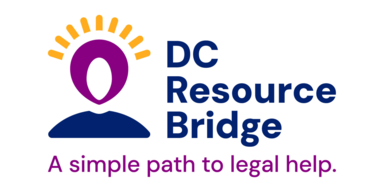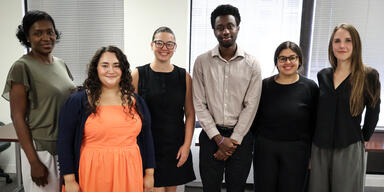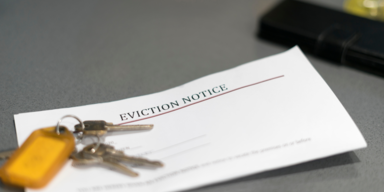
Threats such as “I’m going to get custody” or “I’ll get the children taken away from you” are a form of emotional abuse that our clients hear from abusive partners all too often. There are many reasons why a survivor may not report domestic violence or be able to leave an abusive relationship, and threats involving child removal make taking action even harder.
The child welfare system has a significant impact on children in the US. A 2017 study published in the American Journal of Public Health found “that, before their 18th birthday, more than one third of all US children (37.4%) are the subjects of investigated child maltreatment reports, and more than half of Black children (53.0%) are the subject of such investigations.”
Systemic racism, racial inequalities, and cultural biases mean that Legal Aid’s clients of color are disproportionately impacted by interactions with the child welfare system. These interactions can have a significant impact on a survivor’s life and on custody determinations. The system can shift power in favor of the abusive parent by forcing the survivor to endure various systems-induced traumas, such as constant monitoring and investigation, and by questioning the veracity of domestic violence claims. Given this backdrop, threats to take custody or to have a child removed carry significant weight and can be a barrier to survivors finding safety.
Legal Aid works to support survivors by helping them take steps to reduce some of the power behind these coercive threats:
- We can encourage survivors to document all abuse, including incidents of emotional abuse, such as threats that they will never see their children again.
- We can help survivors factor child safety and child custody into safety plans as they prepare to leave an abusive relationship. If you need help safety planning, please review these resources and contact DC SAFE.
- Where appropriate, we can assist survivors in gaining temporary custody through a Civil Protection Order to head off threats by an abusive partner to file for custody. If you want to talk about your legal options for custody, please call Legal Aid at 202-628-1161.
- We can advocate for programs that give survivors the strength and resources necessary to counter an abuser’s allegations about their parenting, such as ensuring survivors are receiving the benefits they are entitled to, advocating for more safe and affordable housing, and supporting culturally relevant counseling programs for survivors and their children.
Get Help 24/7 from the National Sexual Violence Hotline at 1-800-656-4673.




